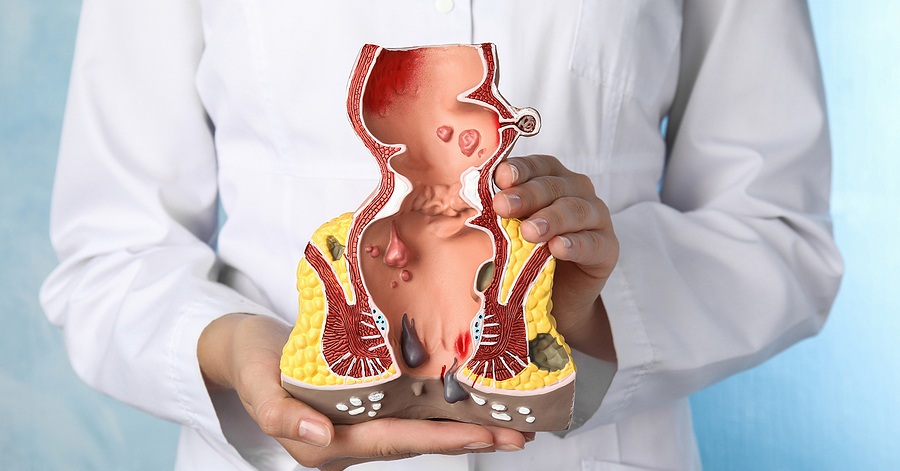03 Feb 2026
Rhinoplasty Revision Surgery in Mohali: Cost When Your First Nose Job Fails


26 Aug 2025
Call +91 80788 80788 to request an appointment.
Recovering from anal fissure surgery is an essential aspect of ensuring long-term relief from pain and discomfort. An anal fissure, a painful tear in the lining of the anus, can result in severe complications if not treated effectively. In this blog post, we will delve into the key components of the recovery process following anal fissure surgery, exploring what patients need to know for a successful healing experience. At Livasa Hospital in Mohali, we focus on providing exceptional care and support during your recovery journey, ensuring you are informed at every step.
Anal fissures are common conditions that can occur due to a variety of factors. The primary causes include:
Symptoms of anal fissures can vary but commonly include:
Recognizing these symptoms early on is crucial for effective treatment. At Livasa Hospital, our specialized team, including top general surgeons in Mohali, is equipped to diagnose and treat anal fissures promptly.
The surgical procedure for treating anal fissures typically involves two main approaches: traditional surgery and minimally invasive techniques like laser surgery. The goal of surgery is to relieve pain, promote healing, and reduce the chance of recurrence. Here is an overview of the typical surgical process:
With modern techniques available, many patients seek options like minimally invasive anal fissure surgery in Mohali, which typically leads to quicker recovery times and less post-operative discomfort.
Recovery following anal fissure surgery can vary from one patient to another. However, there are common experiences that patients may encounter:
Following the doctor's recommendations meticulously can make a significant difference in the recovery process. At Livasa Hospital, we prioritize patient care and ensure that every individual receives tailored advice to promote efficient healing.
Although complications are rare, they can occur. Some potential issues include:
Here are some strategies to minimize the risk of complications:
Catching any potential complications early can be the difference between a smooth recovery and prolonged pain. Our team at Livasa Hospital ensures all patients receive the proper guidance to reduce these risks.
Healing after anal fissure surgery can be expedited with a few additional tips:
Encouragement from family and friends during the recovery phase can also provide emotional support, which is vital for your overall well-being.
Knowing when to contact your healthcare provider is crucial for managing your recovery effectively. Be sure to reach out if you experience any of the following:
At Livasa Hospital, our team is always available to answer questions and provide the support needed for a smooth recovery.
Many patients who have undergone anal fissure surgery report significant improvements in their quality of life. Success stories often include:
If you are experiencing symptoms of anal fissures, don't hesitate to book an appointment at Livasa Hospital. We offer some of the most affordable anal fissure surgery in Mohali and prioritize your overall well-being through every step of your journey.
Rhinoplasty Revision Surgery in Mohali: Cost When Your First Nose Job Fails
Plastic Surgery After Massive Weight Loss: Body Contouring Packages in Mohali
ENT + Cosmetic in Mohali: Septoplasty for Breathing with Cosmetic Rhinoplasty Offers
Livasa Healthcare Group Corporate Office,Phase-8, Industrial Area, Sector 73, Sahibzada Ajit Singh Nagar, Punjab 160071
| Mohali | +91-99888 23456 |
| Amritsar | +91-99887 49494 |
| Hoshiarpur | +91-99883 35353 |
| Nawanshahr | +91-75081 82337 |
| Khanna | +91-98888 05394 |